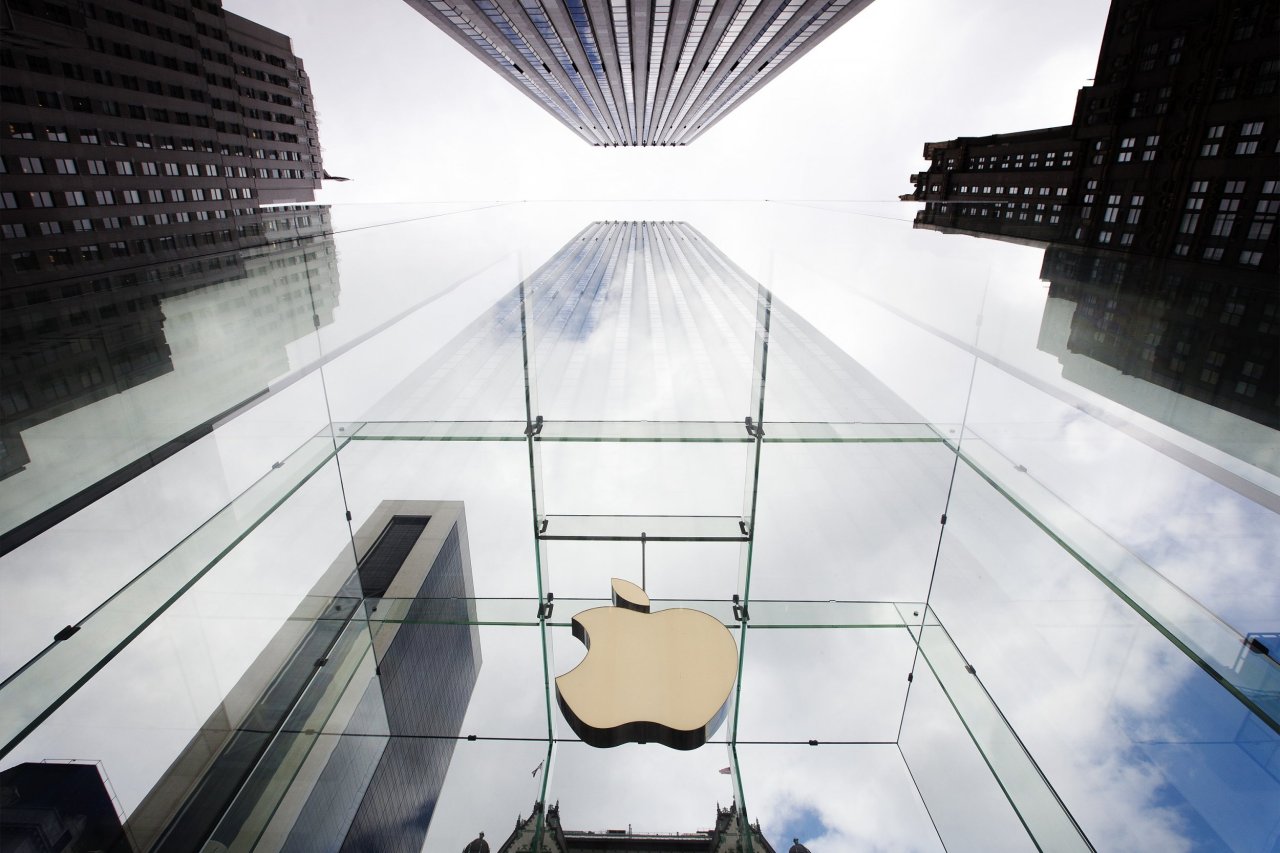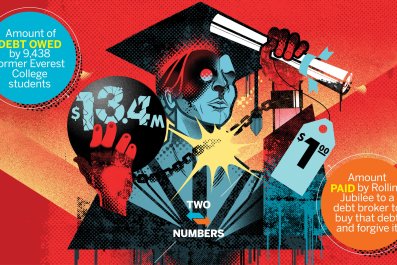Patents have turned into a bigger CEO time-waster than golf. At this point, the technology industry might be better off without any patents.
This is not just because U.S. patents, like Oscar telecasts and airline boarding procedures, are a damnable quagmire that eternally defies all efforts to be fixed. No, there's a deeper, darker reason patents haunt executive brains: Nobody seems to have any idea anymore whether it is better to chase patents, fight them, give them away or make them into paper party hats. Dealing with patent strategy has more "What the hell?" twists than theInterstellar script.
Take Chris Hulls, the CEO of mobile app startup Life360. He has become nominally famous in Silicon Valley for his response to a letter from an outfit called Advanced Ground Information Systems (AGIS), based in somebody's house in Jupiter, Florida. AGIS claimed that Life360 is violating a patent that AGIS owns. Hulls opened his reply thusly: "Dear Piece of Shit."
It went viral. AGIS is the kind of entity often described as a patent troll, and the tech industry has the same attitude toward patent trolls as homeowners have toward termites. A troll is usually just a bunch of lawyers who collect old patents, never actually make any products and try to extort licensing fees out of one tech company after another. A troll just won $532.9 million from Apple by saying iTunes violated an ancient patent. Many tech companies, particularly startups, don't have the money to fight such claims in court, so they pay the troll a few tens of thousands to go away. Hulls had done that several times in Life360's six years of existence. But this time, he'd had enough.
So he took unheard-of action. Life360 is fighting the patent claim with the goal of invalidating the patent, and will give away all its legal work to any other company besieged by AGIS. Hulls is convinced that if venture capitalists and startups band together and share resources and knowledge, they could shut down patent trolls within a year or two. "I'm getting so much support from the community," he says. Yet, alas, there is a downside for a young man running a fast-growing tech outfit: "This is not how I should spend my time."
Tesla opened up a different kind of debate when it decided last year to give away its patents. What kind of deeply technological company does that? Well, CEO Elon Musk wrote in a blog post that protecting Tesla's patents only served "to stifle progress" in the development of electric cars. He reasoned that if Tesla is the only viable electric car company, electric cars as a category will never catch on and Tesla will remain a small speck on the broader car industry's backside.
But if opening Tesla's patents helps the category explode and Tesla works hard to remain the king of the category, then it can wind up as a much bigger and more important company. It actually needs competitors, even if they copy Tesla. "We believe that Tesla, other companies making electric cars and the world would all benefit from a common, rapidly evolving technology platform," Musk wrote. It will take years to find out if he's right, but if the strategy works, every tech company will have to question the value of hoarding and protecting patents.
This brings us to IBM, which is such a patent hoarder it could inspire its own A&E TV show. The company recently announced that in 2014 it received a record 7,534 patents, marking the 22nd straight year IBM has topped the list of most patents by a company. Over those 22 years, the company's inventors have won more than 81,500 U.S. patents, swamping the total of any other company. Clearly, IBM spends a lot of time and resources seeking and securing patents, believing it's the path to industry dominance.
Except it really hasn't been. IBM's biggest businesses involve consulting and setting up complex systems that might run a city or manage global oil operations. It rarely drives the agenda in technology by creating entirely new things that leave competitors desperate to catch up, like an Apple or Tesla. (Apple was awarded 2,003 patents in 2014—not shabby but about one-fourth IBM's total.) If you look at IBM's growth or stock price, the company sure isn't performing like an inventive, category-defining superstar. Its stock dropped 14 percent in 2014.
Meanwhile, Apple and Samsung use patents to beat each other over the head in a fight that neither will win and is a drag on both companies. As with almost everything in the patent universe, the main beneficiaries of Apple vs. Samsung are lawyers.
Doubt about the value of patents keeps spreading. Tech startups are the most inventive, society-changing companies on the planet, yet one study showed that two-thirds of venture-funded tech companies have never filed for a patent. Writing in The Journal of Economic Perspectives in 2013, Michele Boldrin and David K. Levine began their paper this way: "The case against patents can be summarized briefly: there is no empirical evidence that they serve to increase innovation and productivity, unless productivity is identified with the number of patents awarded—which, as evidence shows, has no correlation with measured productivity." Put that in your patent pipeline and smoke it.
(As an aside, we should mention that Congress is considering patent reform legislation, called the Innovation Act. But people like Life360's Hulls are taking action on their own precisely because they expect the sun to explode before Washington does anything about patents.)
And yet…companies are chasing patents like never before. In 2014, the U.S. issued for the first time more than 300,000 patents. More than 1 million are pending.
Patents might be a grand waste of time, but companies feel pressure to chase them because other companies are chasing them. And then some ancient patent circles back in the form of a troll with a bite—a patent that wouldn't exist if nobody thought it was worth filing in the first place—and CEOs complain. This crazy, gnarled situation is likely to screw with the minds of executives and entrepreneurs for generations.
At least golf is relaxing.

























